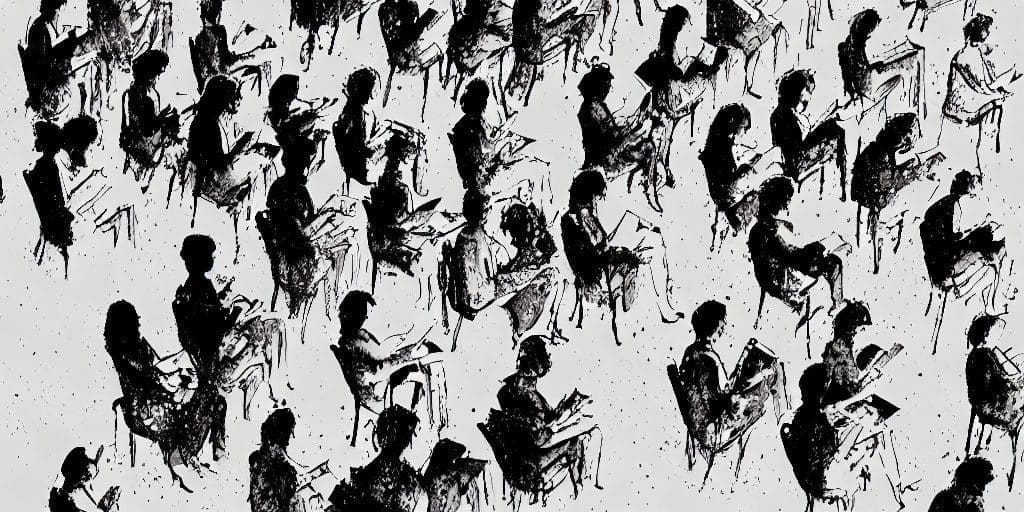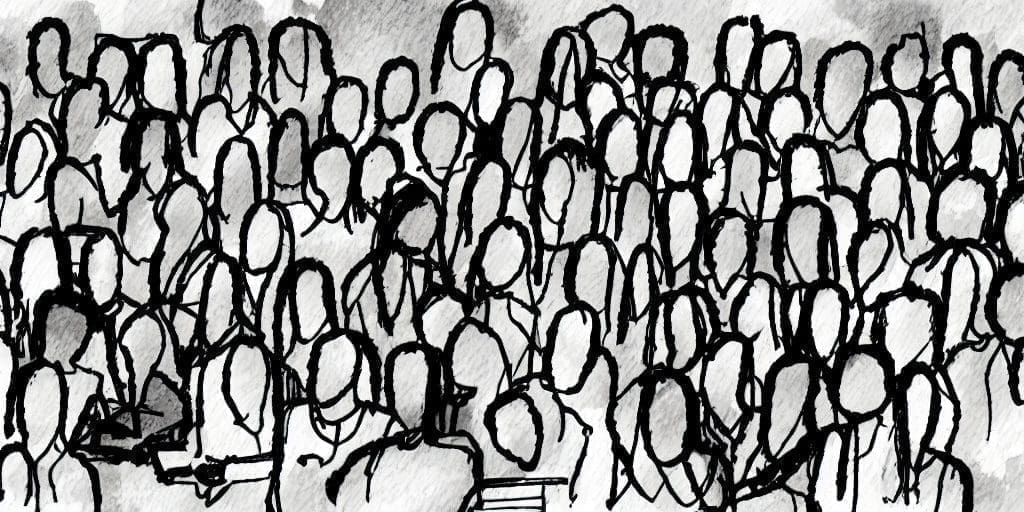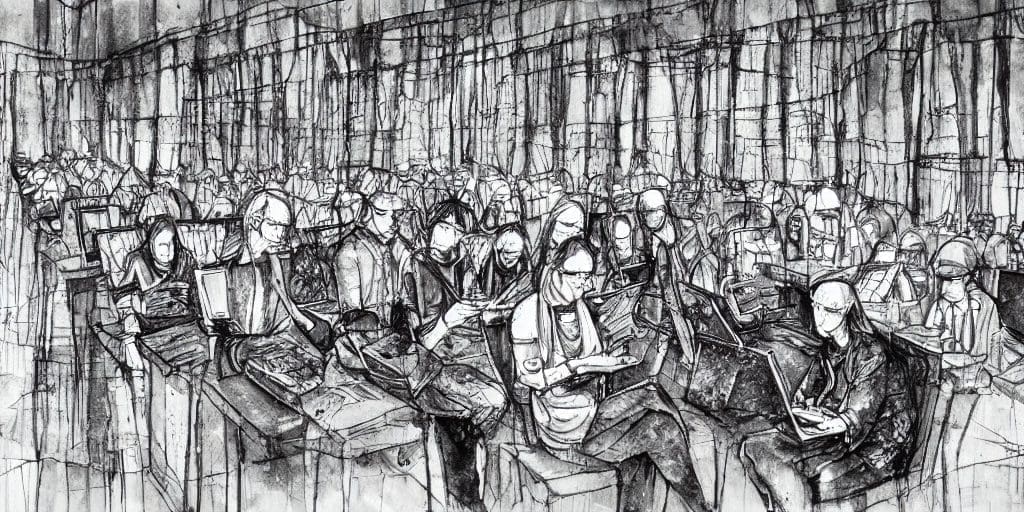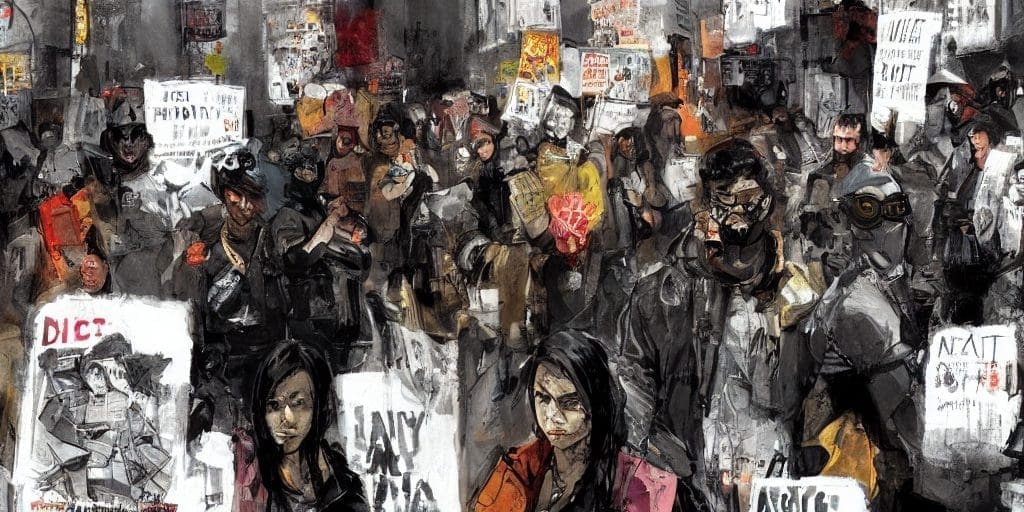Social Media – a Double-Edged Sword
Is Social Media Anti-Social?
In the digital age, social media has woven itself into the fabric of our lives. From the moment we wake up to the minutes before we fall asleep, many of us find ourselves scrolling through Facebook, Instagram, Twitter, or TikTok. It’s a virtual realm where we connect with friends, share our lives, and stay informed about the world. But as the years have passed, a nagging question has persisted: Is social media anti-social? Are these platforms that promise connection inadvertently driving us apart?
The answer to this question is not a simple one. Social media is a double-edged sword, capable of fostering both connection and disconnection. To understand this complexity, we must delve into the different facets of social media and the impact it has on our lives.

Table of Contents
The Illusion of Connection
One of the primary arguments against social media is that it provides the illusion of connection without the substance of real-world relationships. A ‘like’ on a post or a heart emoji may seem like a form of validation, but it’s a shallow substitute for genuine human interaction. When we spend hours curating our online personas, we may inadvertently neglect our offline relationships.
Research has shown that excessive use of social media can lead to feelings of loneliness and isolation. The constant comparison to others’ seemingly perfect lives can undermine our self-esteem, making us feel inadequate or left out. In our quest for more likes and followers, we may forget to nurture the deeper, face-to-face connections that sustain us.
The Echo Chamber Effect
Another concern regarding social media’s impact on society is the echo chamber effect. Platforms like Facebook and Twitter are designed to show us content and news that align with our interests and beliefs. While this might seem convenient, it can create a distorted sense of reality. We’re exposed to information that confirms our existing views, and dissenting voices are often silenced or ignored.
This phenomenon can lead to polarization and the spread of misinformation. When we’re surrounded by people who share our opinions, it becomes increasingly difficult to empathize with those who hold different views. The result is a divided society where constructive dialogue and compromise become elusive.

Mental Health and the Scroll
The addictive nature of social media is also a pressing concern. The endless scroll, notifications, and the fear of missing out (FOMO) can lead to compulsive use, negatively impacting our mental health. Studies have linked excessive use to increased anxiety, depression, and feelings of inadequacy.
Furthermore, the constant exposure to curated and filtered representations of others’ lives can create unrealistic expectations. We may begin to compare our everyday experiences to the highlight reels of others, fostering a sense of discontent and anxiety.
Possible Solutions
While it’s clear that social media has its pitfalls, it’s equally important to recognize its potential for good. It has played a crucial role in activism, connecting people across the globe to raise awareness and drive change. It has allowed marginalized communities to find support and representation. And it has revolutionized the way we communicate and access information.
So, what can be done to ensure that social media doesn’t tip the scales towards anti-social behaviour?
A few potential solutions:
Digital Literacy Education: We need to teach individuals, especially young people, about the potential pitfalls of social media. Digital literacy programs can help users critically evaluate the content they encounter, spot misinformation, and maintain a healthy online/offline balance.
Platform Responsibility: Companies must take responsibility for their platforms’ impact on mental health and society. They can implement features that promote positive interactions, limit the spread of false information, and reduce addictive design elements.
Mindful Usage: Encouraging users to be more mindful about their social media consumption can go a long way. Setting time limits, curating their feeds, and periodically detoxing from social media can help individuals maintain a healthier relationship with these platforms.
Foster Real-Life Connections: We must not forget the importance of face-to-face interactions. Encouraging people to invest time in their offline relationships, hobbies, and passions can help counter the anti-social tendencies of social media.

The question of whether social media is anti-social doesn’t have a straightforward answer. It’s a tool that can either connect or disconnect us, depending on how we use it. It’s crucial to strike a balance between our online and offline lives, be mindful of the content we consume, and foster meaningful relationships beyond the screen.
Social media isn’t inherently anti-social, but it does have the potential to erode the social fabric of our society if left unchecked. By addressing its challenges and harnessing its benefits, we can create a digital landscape that truly enhances our lives rather than detracts from them.

























Leave a Comment